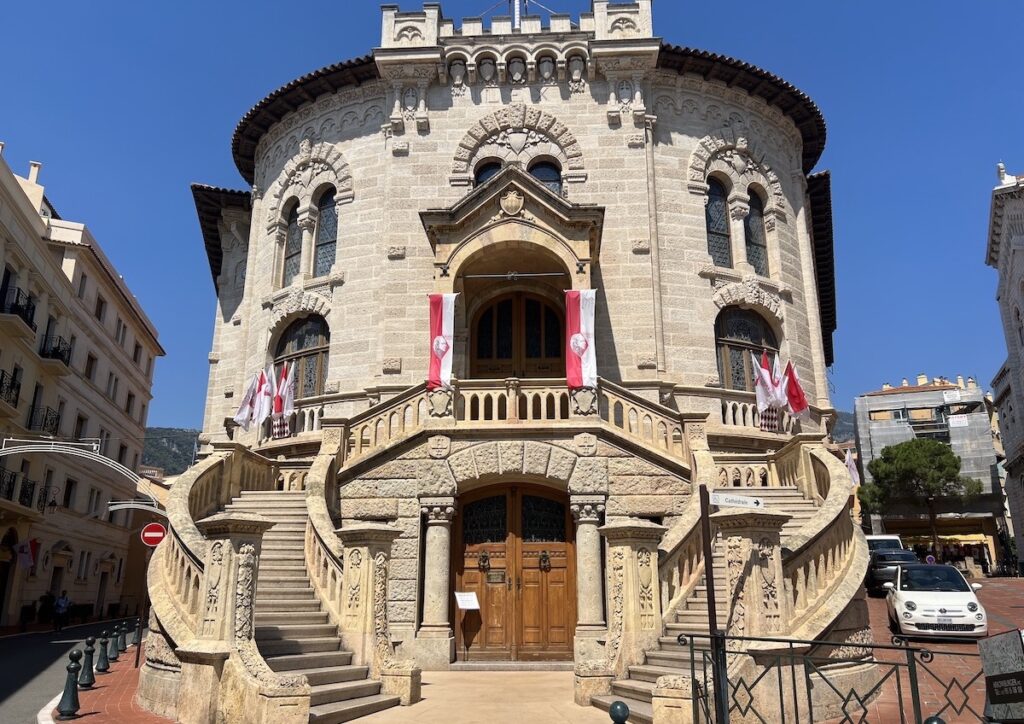Pensioner tried for possession of cannabis and CBD products

A Monegasque man appeared in court in Monaco on Tuesday 22 April 2025, charged with drug use and possession.
The case dates back to 1 March 2024, when the police discovered 15.29 grams of cannabis in the communal areas of his building. A few weeks later, after neighbours complained of a strong smell of cannabis, his home was searched and 15.62 grams of cannabis were seized, along with CBD spray and gum.
The defendant, born in Monaco in 1956, admitted to regular cannabis use: “about four joints a day.” He also said that he uses CBD-based products, adding “Thanks to cannabis, I sleep well and eat well. So I figured, why not?”
However he denied being the owner of the 15.29 grams found in the communal areas: “I’m not going to leave it where everyone can see it. I go to a shop in Nice, I’m not going to leave it in the lobby of the building.”
When questioned, he explained that he had started smoking cannabis during the Covid-19 pandemic, with the aim of giving up smoking. The court challenged him: “How is that better? You decide to give up smoking a product that is certainly harmful, but legal, in favour of one that is totally illegal?” The defendant replied that he thought it was permitted and pointed out that he did not suffer from a medical condition that might warrant the use of cannabis for therapeutic purposes.
The defendant’s French and Monegasque criminal records are clean.
In his closing arguments, the prosecutor pointed out that Monegasque legislation classifies CBD as a narcotic. He cited a ministerial decree specifying that the cannabis plant, its resin and all derived products (spray, oil, herbal tea or ointment) are prohibited, even those with a low THC content. He also pointed out that the defendant’s drug use disturbed his neighbours. He requested a three-month suspended prison sentence, together with an obligation to undergo treatment for two years.
The defendant’s lawyer did not dispute the evidence against his client: “He is guilty in Monaco.” However, he pointed out that while CBD is considered a narcotic in the Principality, it is legal in other neighbouring countries: “We are in an enclave. CBD is a narcotic, but in other countries it isn’t,” adding: “We can perhaps draw inspiration from what is being done in neighbouring countries. Your case law may evolve.”
In his view, his client’s use of cannabis is symptomatic of a deeper problem: “One doesn’t take up cannabis just to stop smoking. I suspect it is because he is unhappy. He is alone, and ill at ease. And so he started this new habit.”
He also mentioned a misconception about the dangers of CBD: “When we tell him it’s dangerous, he doesn’t believe it, because everyone says it’s not.” He concluded that medical treatment would be useful “so that he can find some happiness. Today, my client has understood.” Turning to him, he added: “You realise that this is not a solution. You’ll have to find something else if you want to stay in Monaco, that’s the way it is.”
At the end of the hearing, the court found the defendant guilty as charged. He was sentenced to a one-month suspended prison sentence, probation with compulsory treatment for two years , and the drugs that had been seized were confiscated.
CBD, banned in Monaco
CBD (cannabidiol) is a compound found in the cannabis plant, extracted without the mind-altering effects of THC (tetrahydrocannabinol). Described as a phytocannabinoid, CBD activates certain receptors in the brain linked to the regulation of the nervous and immune systems. Widely available from 2018 onwards, it is known for its relaxing effects, without causing euphoria or altered states of mind.
In France, it is tolerated under certain conditions (less than 0.3% THC). But Monaco’s legislation is more strict: CBD is considered a narcotic. A ministerial order prohibits the possession, use, sale and production of any form of cannabis, including CBD-based products, whatever their form (spray, oil, herbal tea, etc.).













